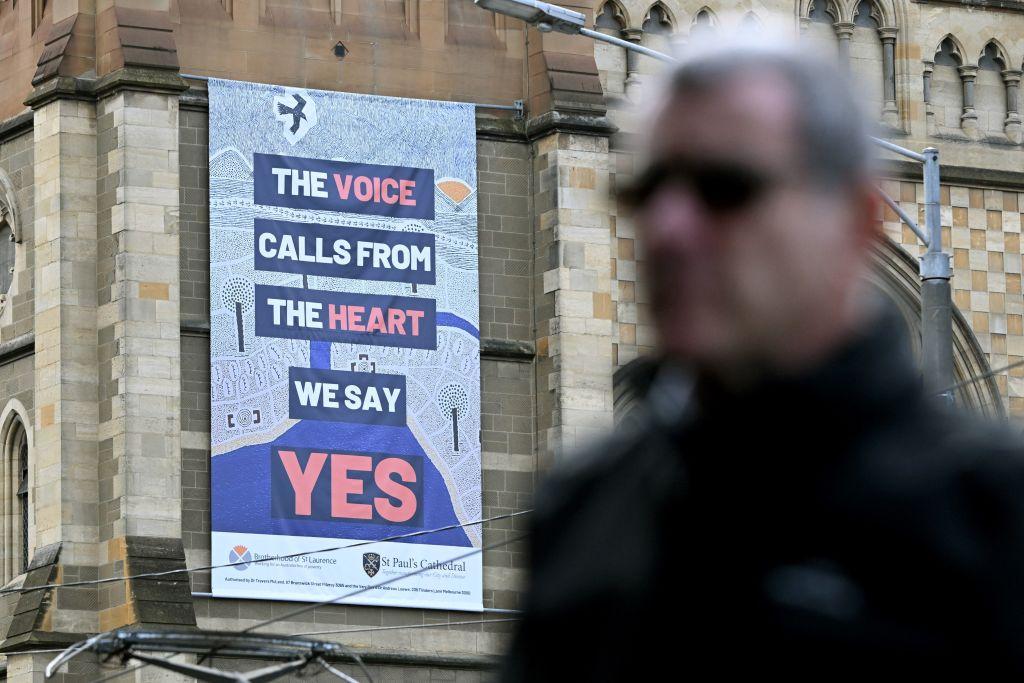A legal challenge for an “X” to count as a “No” vote on ballots in the upcoming referendum on an Indigenous Voice to Parliament has been dismissed by a judge this week.
On Wednesday, Justice Steven Rares ruled in favour of the Australian Electoral Commission against an application by the deregistered United Australian Party (UAP) to make crosses a valid vote.




